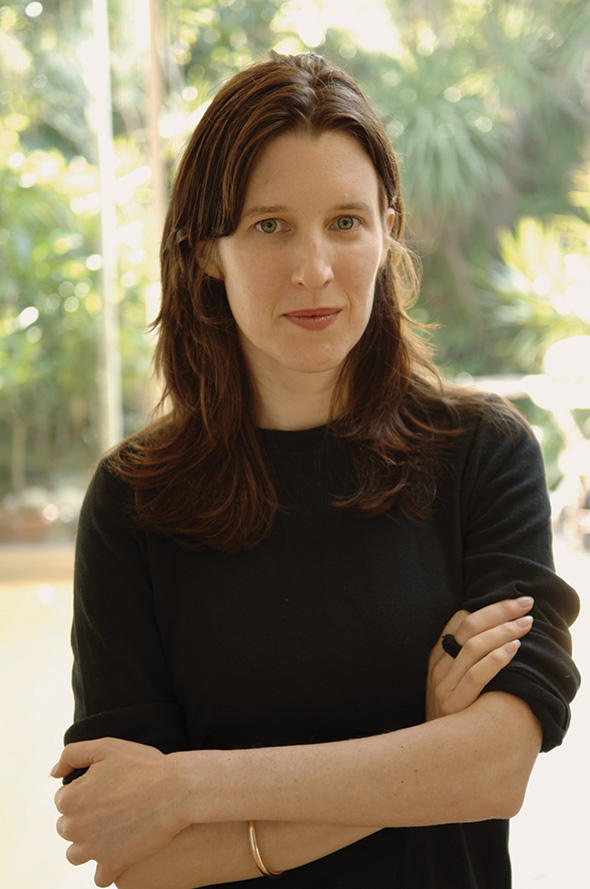
For some people creativity is akin to breathing—a seemingly effortless task without which they cease to exist. Australian writer, novelist and journalist, Chloe Hooper is one such person. Saturated with talent and a quest to engage with the world around her through the medium of words, the lithe Melbourne-based writer is on the cusp of international literary acclaim following the release of her second novel, The Tall Man. Recounting the true story of an Indigenous Australian man—Cameron Doomadgee—who was arrested then found (allegedly) beaten to death in his jail cell just 40 minutes later, Hooper’s latest offering is a universal tale of prejudice, family, betrayal, community and the pursuit of justice. It’s also the finest example to date of the 35-year-old’s spectacular ability to inject life into language.
“Writing is all I ever wanted to do” starts Hooper as she sips a black coffee in a Melbourne cafe, “I don’t think I had a clear picture in my early twenties of how exactly that would happen. I just thought I’d give it everything and if it didn’t work out then I’d be young enough to start something else…I’m just lucky that it did.” Luck, according to more than a few literary critics and newspaper columnists, has played a major role in Hooper’s success story. After attending one of Melbourne’s most prestigious private girl’s schools, Hooper went on to win a Fulbright scholarship to Columbia University to study creative writing under Phillip Roth. Crossing paths during her stay in the U.S. with literary power agent Andrew Wylie (who’s client list includes Martin Amis) Hooper had her first novel auctioned to the major publishing houses, with the winner offering a rumoured six-figure deal.
The novel, A Child’s Book of True Crime, made bestseller lists across the world, was short-listed for the Orange Prize and appeared as a New York Times Notable Book. Upon returning to her homeland, Hooper wrote a feature for The Monthly magazine on Doomadgee’s death, work for which she would later win Australia’s most coveted journalism accolade—the Walkley Award. Yet for all the criticism regarding her apparent string of good fortune, it is Hooper’s natural ability to write, and write well, that forms the backbone of her accomplishments. “I feel lucky everyday and I have been very fortunate,” admits Hooper, “but good luck doesn’t make it less hard to go and sit in front of the computer each day and start again. I have definitely worked hard.”
With a lucrative writing career, magazine cover articles and a name that’s now well known in households across Australia, it seems the future’s set for Chloe Hooper. Yet unlike yesterday’s great writers, today’s wordsmiths need to be accessible and available to their public audience. When questioned about the public pressure that results from seemingly instant success, Hooper is quick to respond, “I don’t think as a writer you can think too much about what people expect of you, or what they want. I don’t think it does you any good. If you focus on that part of it, you’re looking at the wrong end of the telescope…I can’t do that. I’ve always just gone by instinct and by what stories grab me and feel like, you know, they just had to be told.”
TEXT BY Fiona Killackey

